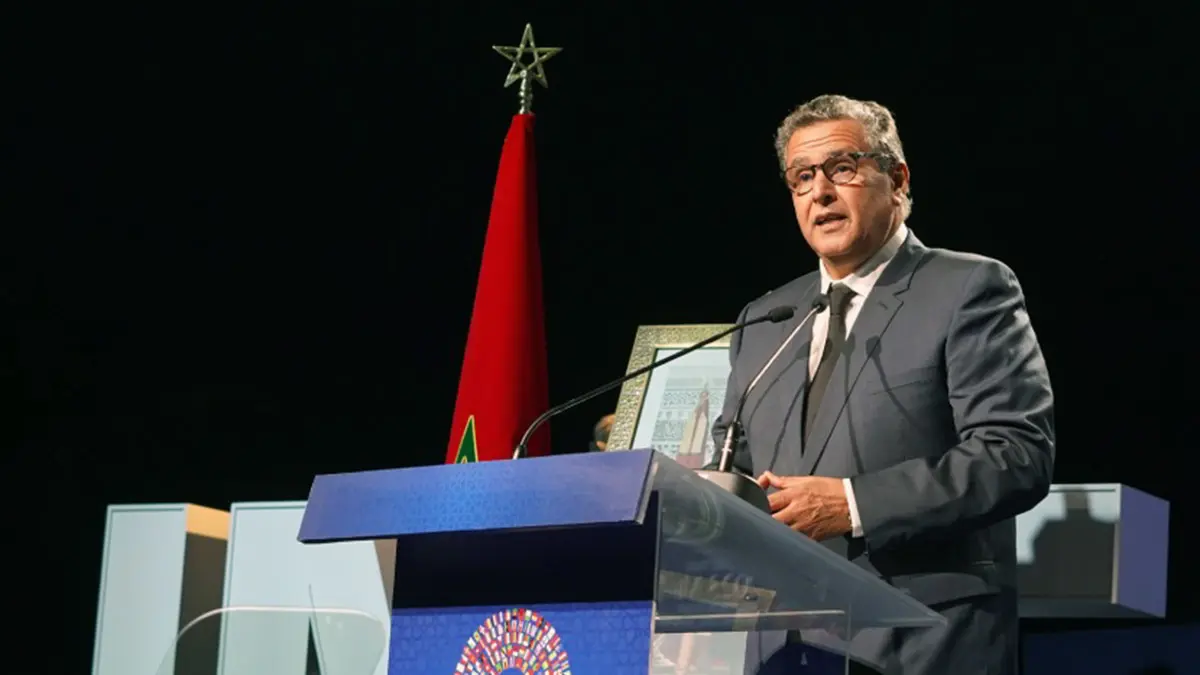
Morocco’s Ministry of Finance is preparing a sweeping revision of the Organic Law on the Finance Law (LOF), aiming to boost transparency, performance, and flexibility in the country’s budget management.
According to government sources, the planned reform, dubbed “LOF 2.0,” will place greater emphasis on multi-annual financing, enhance the fungibility of budget credits, and require public administrations to adopt specific performance indicators.
The initiative seeks to shift from a means-based system to one focused on results, ensuring that budget allocations are more closely tied to measurable objectives.
A key element of the reform is to strengthen the role of Parliament, particularly in the ex post evaluation of public policies.
Economists have welcomed the proposed measures, noting their potential to modernise Morocco’s public financial governance. However, they caution that the success of the reform will depend heavily on the reliability of government information systems and the robustness of performance indicators.
The revision comes at a crucial time, as the government seeks to balance fiscal discipline with ambitious development goals. Authorities are working to maintain the budget deficit at around 3% of GDP, while simultaneously increasing public investment and enhancing the efficiency of social spending.
Observers say the reform could represent a turning point in Morocco’s fiscal strategy, helping to align resources with national priorities and build greater accountability into public spending. Yet they also warn that without strong implementation and monitoring, the changes risk remaining largely on paper.



